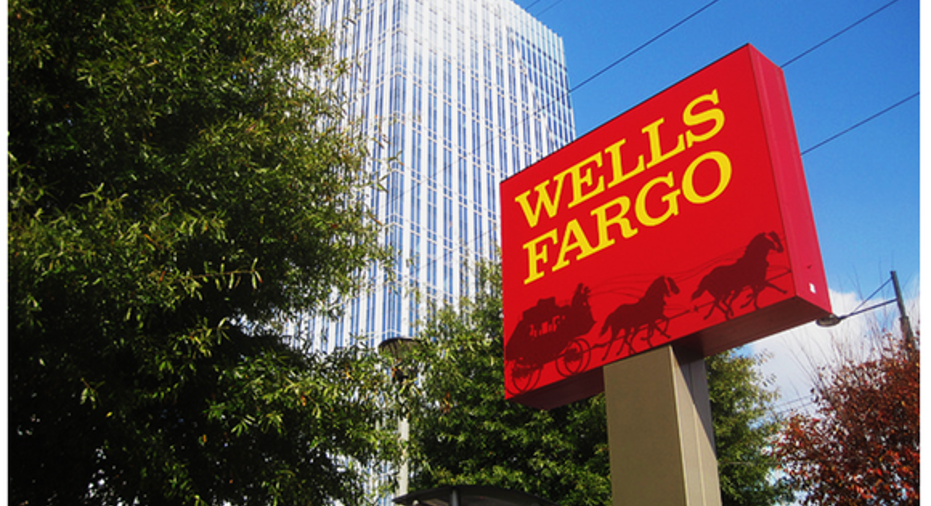Will Higher Interest Rates Help or Hurt Wells Fargo?

This could be the week that the Federal Reserve increases interest rates for the first time since the financial crisis. Analysts and commentators have largely assumed that this will be good for banks, but is that actually the case? When it comes to Wells Fargo , the answer is: It depends.
Generally speaking, higher rates are better than lower rates for banks. This is because a bank's borrowing costs -- the interest it pays on deposits and other borrowed funds -- typically increase slower than a bank's interest on earning assets. This helps banks make more money from interest rate arbitrage -- borrowing money at low short-term rates and then investing that same money in assets that yield higher long-term rates -- an activity that accounts for about half of most big banks' top lines.
In Wells Fargo's case, however, higher rates are not unequivocally good. Its earnings are only likely to increase if the Federal funds rate, the benchmark rate banks charge each other to borrow excess reserves on an overnight basis, exceeds 1.86%. Anything less than that, and its earnings are expected to fall.
Data Source: Wells Fargo's 3Q15 10-Q, page 46 (showing its earnings projections over the next two years under five different interest rate scenarios).
This chart makes it look like higher rates are categorically good for the bank until you consider that the Fed funds rate is only 0.12% right now. For Wells Fargo to profit over the next two years from higher rates, then, the Federal funds rate will have to increase from its current level by approximately two percentage points. This is possible, but given its magnitude, it seems improbable.
To be clear, this shouldn't be interpreted to mean that higher interest rates won't matter for Wells Fargo over the next two years. They will matter, just for a different reason.
"I happen to believe that interest rates alone, especially small interest rate movements, will not be as financially valuable as the signal it sends to the economy and to our customers that things are afoot now and there's now permission to start consuming and building again," noted U.S. Bancorp CEO Richard Davis at a recent industry conference.
As interest rates rise, in other words, the biggest impact could very well stem from an uptick in business activity as borrowers with unused lines of credit put that money to use before its cost rises. This would boost loan portfolios at banks like U.S. Bancorp and Wells Fargo. It may also, if Davis is correct, serve as the final catalyst to a full economic recovery.
Either way, if Wells Fargo's past performance is any guide, its investors can rest assured that the nation's soon-to-be-third-biggest bank by assets isn't likely to be derailed anytime soon by the Federal Reserve's monetary policy, or, for that matter, anything else.
The article Will Higher Interest Rates Help or Hurt Wells Fargo? originally appeared on Fool.com.
John Maxfield has no position in any stocks mentioned. The Motley Fool owns shares of and recommends Wells Fargo. The Motley Fool has the following options: short January 2016 $52 puts on Wells Fargo. Try any of our Foolish newsletter services free for 30 days. We Fools may not all hold the same opinions, but we all believe that considering a diverse range of insights makes us better investors. The Motley Fool has a disclosure policy.
Copyright 1995 - 2015 The Motley Fool, LLC. All rights reserved. The Motley Fool has a disclosure policy.



















